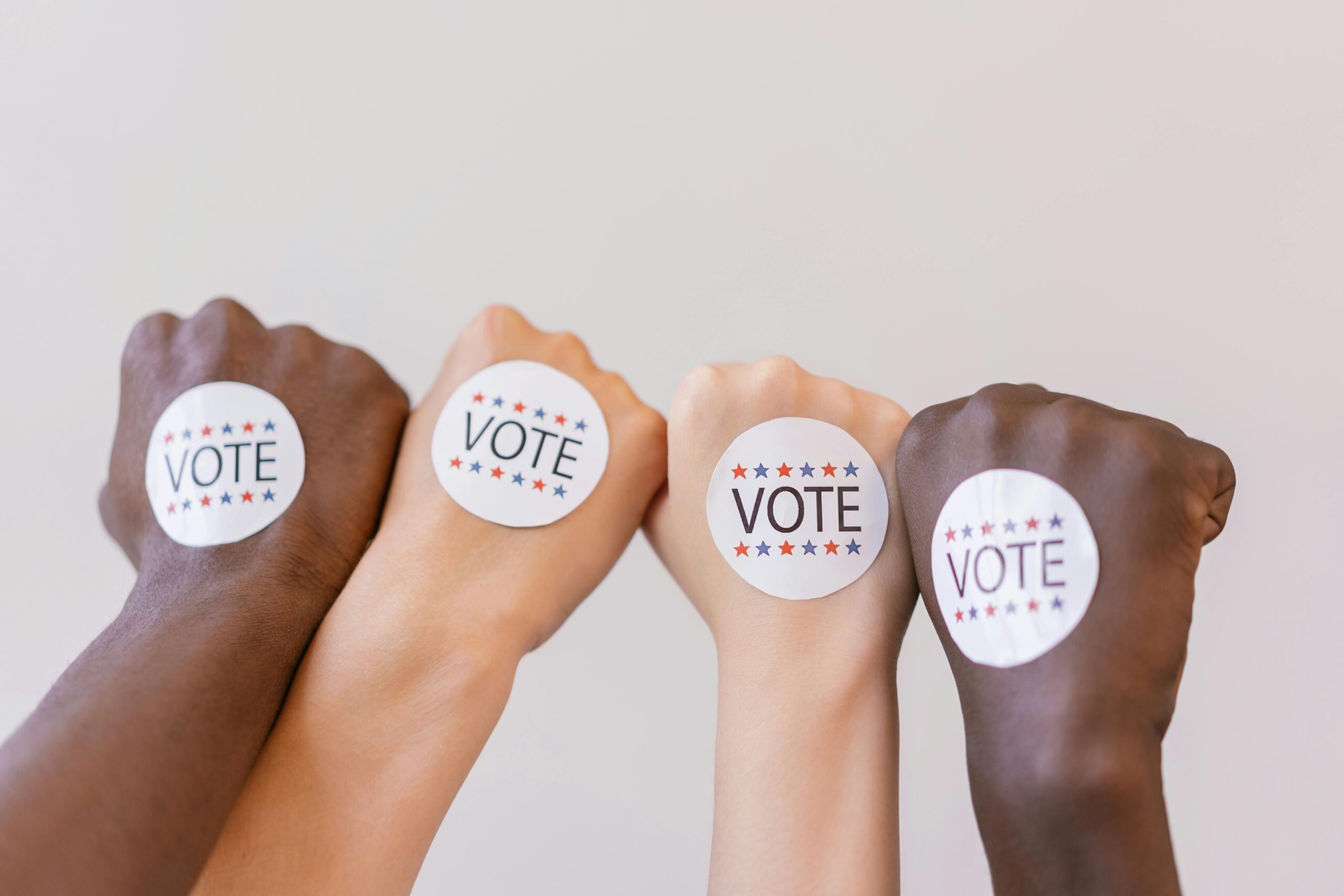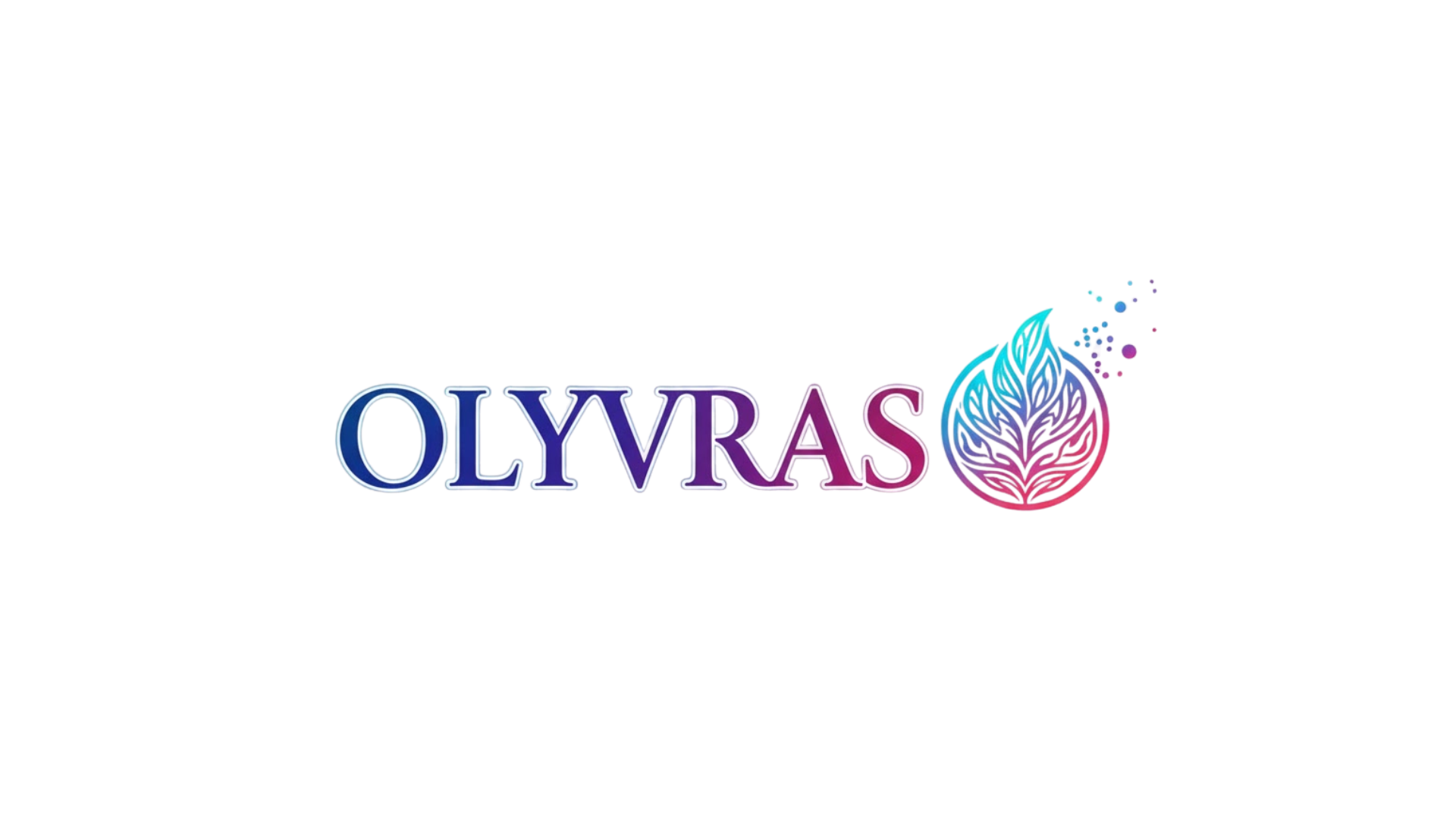Democracy thrives when citizens actively shape the decisions that affect their lives, transforming passive observation into meaningful participation and collective empowerment.
🌍 The Foundation of Participatory Democracy
Traditional representative democracy, while foundational to modern governance, often creates distance between citizens and decision-making processes. Participatory democracy models bridge this gap by establishing frameworks where community members directly influence policies, budgets, and initiatives that impact their daily existence. This democratic evolution recognizes that those closest to problems frequently hold the most practical solutions.
The concept extends beyond voting in periodic elections. It encompasses continuous engagement mechanisms that allow diverse voices to contribute to governance structures. From neighborhood councils to digital platforms enabling real-time policy feedback, participatory models create multiple entry points for civic involvement. These approaches acknowledge that inclusive societies require more than token representation—they demand genuine power-sharing arrangements.
Research consistently demonstrates that communities implementing participatory frameworks experience higher levels of social cohesion, civic literacy, and trust in institutions. When people see their input translated into tangible outcomes, political efficacy increases, creating virtuous cycles of engagement. This transformation proves particularly significant for historically marginalized groups who traditional systems have systematically excluded.
📊 Modern Models Reshaping Democratic Engagement
Participatory budgeting stands among the most successful innovations in democratic practice. Originating in Porto Alegre, Brazil, during the late 1980s, this model empowers residents to directly decide how portions of municipal budgets are allocated. Citizens attend assemblies, propose projects, and vote on spending priorities, transforming abstract fiscal policy into tangible community improvements.
Today, thousands of cities worldwide have adopted participatory budgeting, adapting the framework to local contexts. New York City allocates millions through this process annually, while Paris dedicates substantial portions of its investment budget to citizen-determined projects. The model demonstrates remarkable flexibility, functioning in diverse political systems and economic conditions while consistently delivering increased transparency and accountability.
Citizens’ Assemblies and Deliberative Democracy
Citizens’ assemblies represent another powerful participatory mechanism gaining global traction. These bodies bring together randomly selected individuals, creating microcosms of society tasked with examining complex policy questions. Ireland successfully employed this approach for constitutional questions around abortion and marriage equality, demonstrating that ordinary citizens, when provided adequate information and facilitation, can navigate contentious issues constructively.
The deliberative process distinguishes these assemblies from traditional public consultations. Participants engage with expert testimony, consider multiple perspectives, and deliberate over extended periods before formulating recommendations. This structured approach counteracts the superficiality of social media discourse and soundbite politics, creating space for nuanced understanding and consensus-building across differences.
💻 Digital Tools Democratizing Participation
Technology has exponentially expanded possibilities for participatory governance. Digital platforms now enable large-scale consultation, collaborative policy drafting, and transparent decision-tracking impossible in purely physical spaces. These tools lower participation barriers, particularly for caregivers, shift workers, and others whose schedules conflict with traditional meeting times.
Decidim, an open-source platform developed in Barcelona, exemplifies this digital transformation. The software supports participatory processes from proposal submission through voting, enabling thousands to engage simultaneously. Madrid’s Decide Madrid platform similarly empowers residents to propose and vote on municipal initiatives, with successful proposals receiving guaranteed implementation funding.
Taiwan’s vTaiwan platform demonstrates how digital tools can facilitate consensus on divisive issues. Using sophisticated algorithms to identify common ground rather than amplifying disagreement, the platform has resolved contentious regulatory questions around ride-sharing and online alcohol sales. This technology-mediated deliberation shows promise for bridging political polarization through structured dialogue focused on shared values.
Balancing Digital Access and Inclusion
Despite their potential, digital participation tools risk replicating existing inequalities if implementation ignores access barriers. The digital divide—encompassing internet connectivity, device ownership, and technological literacy—can exclude precisely those communities most needing voice in governance. Effective participatory democracy models therefore combine digital and analog engagement channels, ensuring multiple pathways for contribution.
Barcelona’s approach illustrates this balance. While Decidim provides convenient online participation, the city maintains extensive in-person assemblies and assistance centers helping residents without digital access engage fully. This multi-channel strategy acknowledges that true inclusion requires meeting people where they are, both physically and technologically.
🏘️ Community-Led Decision Making in Practice
Neighborhood councils and community boards represent grassroots participatory structures with long histories in various contexts. These local bodies exercise real authority over zoning decisions, service delivery priorities, and development approvals, embedding democratic practice into everyday urban life. Their proximity to residents enables responsive, context-appropriate governance that centralized systems struggle to achieve.
Kerala, India, pioneered radical decentralization through its People’s Plan Campaign, devolving significant planning authority and resources to village assemblies. This transformation shifted power dynamics dramatically, enabling communities to identify local needs and design appropriate interventions. The model improved service delivery outcomes while simultaneously building democratic capacity through practice and experience.
Cooperative Governance Models
Worker cooperatives and housing cooperatives demonstrate participatory democracy beyond government structures. These organizations embed one-member-one-vote principles into economic institutions, proving that democratic governance can function effectively in business contexts. The Mondragon Corporation in Spain, comprising numerous worker cooperatives, shows this model operating successfully at scale across diverse sectors.
These cooperative structures challenge assumptions that hierarchical management is inherently more efficient than democratic decision-making. Research indicates that worker-owned enterprises often demonstrate greater resilience during economic downturns, lower wage inequality, and higher employee satisfaction. Their existence expands conceptual understanding of where and how participatory democracy can function.
🌱 Building Inclusive Participation Frameworks
Genuine inclusion requires intentional design addressing systemic barriers that exclude particular groups. Women, ethnic minorities, persons with disabilities, and economically marginalized populations face specific obstacles to participation that default processes often fail to accommodate. Truly inclusive participatory models actively dismantle these barriers through targeted strategies.
Timing and location of meetings significantly impact who can attend. Evening sessions exclude those without childcare; weekday meetings disadvantage shift workers. Effective frameworks offer multiple participation times and provide childcare, transportation assistance, and accessibility accommodations. These practical supports communicate that diverse participation is valued, not merely tolerated.
Language access represents another critical inclusion dimension. Multilingual facilitation and materials ensure that linguistic diversity strengthens rather than hinders participation. Some municipalities employ professional interpretation services for all public meetings, recognizing this investment as essential infrastructure for inclusive democracy rather than optional expense.
Creating Safe Spaces for Marginalized Voices
Power dynamics within participatory spaces can silence marginalized participants even when formally invited. Dominant voices may monopolize discussion; technical jargon can exclude those without specialized knowledge; aggressive debate styles can alienate those from cultures valuing collaborative dialogue. Skilled facilitation actively counteracts these dynamics, creating environments where diverse communication styles are respected and quiet voices encouraged.
Some frameworks establish specific spaces for historically excluded groups to develop positions before broader deliberation. Women’s caucuses, youth councils, and indigenous advisory bodies provide venues where participants can engage without navigating dominant group dynamics. These separate spaces don’t fragment dialogue but rather strengthen it by enabling marginalized communities to participate from positions of collective strength.
📈 Measuring Impact and Effectiveness
Assessing participatory democracy initiatives requires moving beyond participation rates to examine whose voices are heard and how input shapes outcomes. Demographic analysis reveals whether participants reflect community diversity or merely mobilize already-engaged populations. Tracking proposals from submission through implementation demonstrates whether the process generates meaningful change or merely performative consultation.
Longitudinal studies provide crucial insights into how participatory processes affect civic culture over time. Do participants develop stronger political efficacy? Does engagement in one initiative predict broader civic involvement? Does participatory governance improve trust in institutions? These questions demand sustained research commitment beyond initial implementation enthusiasm.
Porto Alegre’s decades-long experience with participatory budgeting offers valuable longitudinal data. Studies document how the process shifted municipal spending toward underserved neighborhoods, improved infrastructure access, and strengthened civil society organizations. Significantly, research also reveals challenges—the process requires sustained resource investment and can become routinized without continuous innovation.
🚧 Navigating Challenges and Limitations
Participatory democracy models face legitimate critiques and practical limitations requiring honest acknowledgment. Participation demands time and energy that not everyone can spare. Balancing inclusive process with timely decision-making creates tensions without easy resolution. These challenges don’t invalidate participatory approaches but demand thoughtful navigation.
The risk of elite capture—where resourced groups exploit participatory mechanisms to advance narrow interests—requires vigilant attention. Without careful design, participatory processes can amplify rather than reduce inequality. Strong facilitation, transparent procedures, and explicit equity frameworks help mitigate this risk, though complete elimination remains elusive.
Complementing Rather Than Replacing Representative Systems
Participatory democracy functions most effectively alongside rather than replacing representative institutions. Elected representatives provide continuity, coordination across issues, and accountability mechanisms that pure direct democracy struggles to achieve. The goal involves creating productive tension between participatory and representative elements, leveraging each system’s strengths while checking its weaknesses.
Hybrid models demonstrate this complementarity. Representatives might establish policy frameworks while participatory processes determine specific implementations. Citizen assemblies could generate recommendations that elected bodies must publicly accept, reject, or modify with justification. These arrangements preserve electoral accountability while expanding democratic input beyond periodic voting.
🔮 Future Horizons for Democratic Innovation
Artificial intelligence and machine learning offer both opportunities and risks for participatory democracy. These technologies could process vast public input, identify emerging consensus, and simulate policy consequences—potentially making large-scale participation more manageable. However, algorithmic opacity and bias risks demand careful governance ensuring technology serves rather than subverts democratic values.
Climate change and other complex global challenges require unprecedented collective action, potentially driving participatory innovation. Citizens’ assemblies on climate policy are proliferating worldwide, recognizing that durable climate action requires broad public ownership. These experiences may establish templates for democratic engagement with other complex, long-term challenges transcending traditional political cycles.
Younger generations demonstrating different civic engagement patterns will shape participatory democracy’s evolution. Digital natives accustomed to constant connectivity and instant feedback may demand more responsive, interactive governance models. Their fluency with collaborative digital tools could enable participation forms previous generations couldn’t imagine, though attention to digital divides remains crucial.

🤝 Cultivating Democratic Culture Through Practice
Ultimately, participatory democracy depends less on perfect institutional design than on democratic culture—the habits, skills, and dispositions that citizens and officials bring to engagement. This culture develops primarily through practice. People learn democratic participation by participating, developing capacities for listening, deliberation, and compromise through repeated experience.
Educational systems play vital roles in cultivating this democratic culture. Civics education extending beyond governmental structures to include participatory skills—facilitation, conflict resolution, collaborative decision-making—prepares future citizens for active engagement. Schools implementing democratic governance in student councils and classroom decisions provide practical training grounds for participatory citizenship.
The transformation toward more participatory, inclusive democracy represents continuous evolution rather than destination. Each experiment—successful or failed—generates learning informing future efforts. This iterative approach embraces democracy as living practice constantly adapting to changing contexts, technologies, and challenges while remaining rooted in enduring commitments to equality, dignity, and collective self-determination.
Participatory democracy models offer pathways toward societies where governance reflects diverse community wisdom rather than narrow elite perspectives. By engaging citizens as active co-creators rather than passive consumers of policy, these approaches tap collective intelligence while building the social capital democratic societies require. The journey demands patience, resources, and genuine commitment to sharing power—but the destination of truly inclusive democracy justifies the investment.
Toni Santos is a global-policy researcher and ethical-innovation writer exploring how business, society and governance interconnect in the age of interdependence. Through his studies on corporate responsibility, fair trade economics and social impact strategies, Toni examines how equitable systems emerge from design, policy and shared vision. Passionate about systemic change, impact-driven leadership and transformative policy, Toni focuses on how global cooperation and meaningful economy can shift the scenario of globalization toward fairness and purpose. His work highlights the intersection of economics, ethics and innovation — guiding readers toward building structures that serve people and planet. Blending policy design, social strategy and ethical economy, Toni writes about the architecture of global systems — helping readers understand how responsibility, trade and impact intertwine in the world they inhabit. His work is a tribute to: The global commitment to equity, justice and shared prosperity The architecture of policy, business and social impact in a connected world The vision of globalization as cooperative, human-centred and regenerative Whether you are a strategist, policymaker or global thinker, Toni Santos invites you to explore ethical globalization — one policy, one model, one impact at a time.




